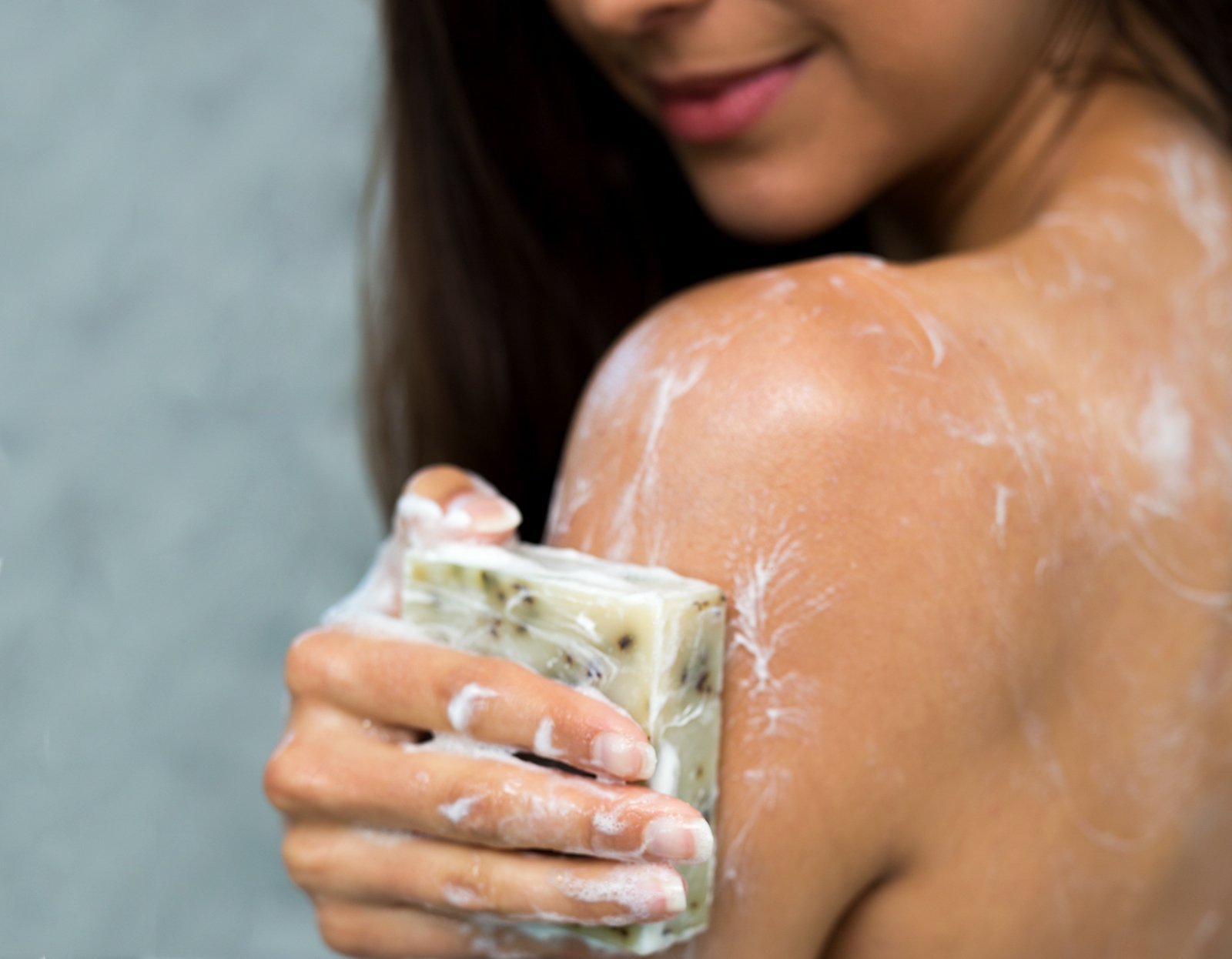Why We Make Our Soap With Essential Oil Instead Of Fragrance

In making cold-processed soap, we at EG didn't take any shortcuts. Each bar is fragrance-free and made with 100% pure essential oils. Of course, Edens Garden started as an essential oil company, so why wouldn’t we include EOs? The truth is, most soaps contain synthetic fragrances instead of essential oils, and here’s why.
Adding fragrances in soaps makes soap making simple. Fragrances can be heated to max temperatures without losing any qualities that make it a fragrance. Using essential oils, on the other hand, creates more of a challenge. The only way to maintain the therapeutic properties of essential oils is in making cold-process soap, which does not require heating so their properties stay intact.
There are other challenges in using EOs in soap, such as making sure your formula is compatible with essential oils and ensuring your formula doesn’t have an overpowering aroma so as not to compete with the EOs. Despite these challenges, using fragrances in our natural bar soap was not a compromise we were willing to make.
The downside of fragrance
Sensitizers, hormone disruptors, and reproductive toxins are just a few descriptions of some of the chemicals found in synthetic fragrances. In a study done by the Environmental Working Group, 17 name-brand perfumes were tested to find chemicals not listed on the labeling. On average, 14 undisclosed ingredients were discovered, including galaxolide, tonalide and diethyl phthalate. In the same study, EWG found that a majority of the perfumes’ ingredients had never been analyzed by a cosmetic safety organization, such as the Cosmetic Ingredient Review or the International Fragrance Association.
In a separate study performed by EWG and Rachel’s Network, it was reported that galaxolide and tonalide, two synthetic musks, were found in the cord blood of 7 out of 10 newborn babies. At this time, galaxolide and tonalide are believed to cause hormonal disruption and weaken an organism’s defense against toxins. Until more studies are performed, there is no certainty as to how much of a health risk these fragrances pose.
Banned in the EU, diethyl phthalates (DEP) are very prevalent in fragrances made in the U.S. Diethyl phthalates are used to make fragrances long lasting in perfumery. According to a recent study by a group of environmental and public health organizations, 17 out of 17 perfumes tested contained DEP. Diethyl phthalates have been found to cause endocrine disruption, cancer and reproductive toxicity, making pregnant and breastfeeding women very vulnerable to the use of cosmetics containing DEP. Without lab testing, one can’t be sure if cosmetics containing fragrance also contain diethyl phthalates.
The essential oil difference
Using essential oils rather than fragrances not only protects consumers from all of the latter-mentioned chemicals and hazards, but consumers can also benefit from the therapeutic properties of the EOs used. The Charcoal bar includes Lavender which soothes, improves and nourishes skin. The Lemongrass bar contains Lemongrass which promotes circulation and reduces inflammation. The Peppermint bar includes Peppermint which cools and renews the skin, and so on. Each bar contains carefully picked essential oils that are meant to promote healthy skin and bodies while keeping consumers safe from harmful synthetics. At Edens Garden, we want each and every one of our products to be as safe as they are effective.





Leave a comment (Comments will be approved before showing up)